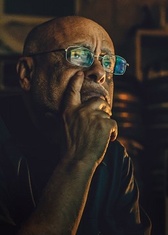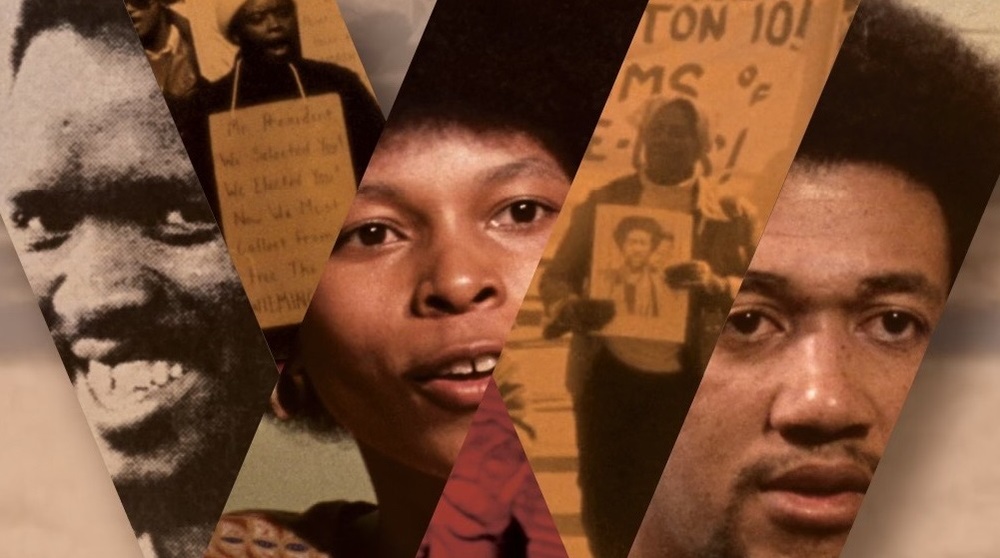Haile Gerima, filmmaker and professor, was born in 1946 in Gondar, Ethiopia, and grew up in an environment shaped by oral tradition. He studied in the United States, where he became part of the L.A. Rebellion movement at UCLA, alongside other filmmakers of African and Caribbean descent. This collective created an innovative and sensitive body of films that portrayed the real lives of Black communities in the U.S., operating outside or in direct opposition to Hollywood's stereotypical representations. During his time at UCLA, Latin American cinema influenced his exploration of his own cultural heritage. His thesis film, Bush Mama (1975), is a raw portrayal of systemic oppression and structural racism in the U.S. With Harvest: 3000 Years (1976), Gerima returned to Ethiopia to film, using non-professional actors in an allegorical story about a peasant family subjected to a feudal system. The film won the Grand Prize at the Locarno Film Festival. In Wilmington 10—U.S.A 10,000 (1978), he explored the repression suffered by a group of African American activists unjustly imprisoned in North Carolina. Following Ashes & Embers (1982) and After Winter: Sterling Brown (1985), in 1993 he directed Sankofa, a story about the resistance of enslaved people on a plantation. Despite the lack of support from U.S. distributors, Gerima developed an alternative distribution strategy, screening the film in community spaces and universities, which earned it significant recognition. In 1996, he founded Sankofa Video and Bookstore in Washington, D.C., a cultural space dedicated to self-expression, analysis, and dialogue through community events. Throughout his career, he has continued to promote and distribute his own films, including his most recent work, Teza (2008), which won the Jury Prize and Best Screenplay at the Venice Film Festival.
el cinema del CCCB
A series of screenings, a digital archive with over a 1,000 films and educational activities dealing with experimental films.
CLOSE

